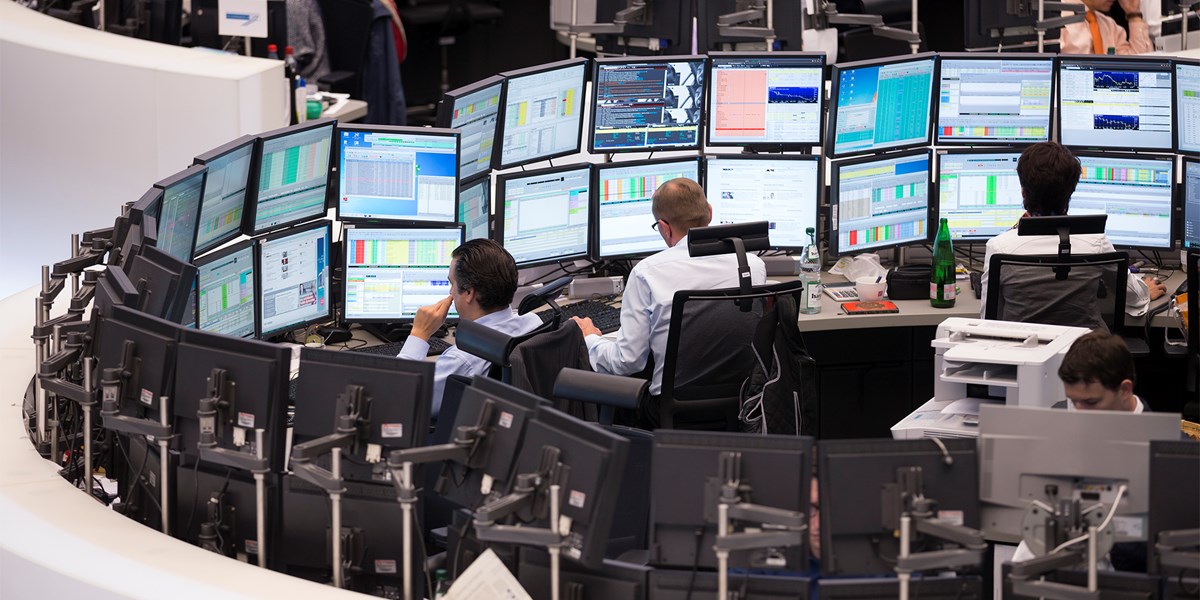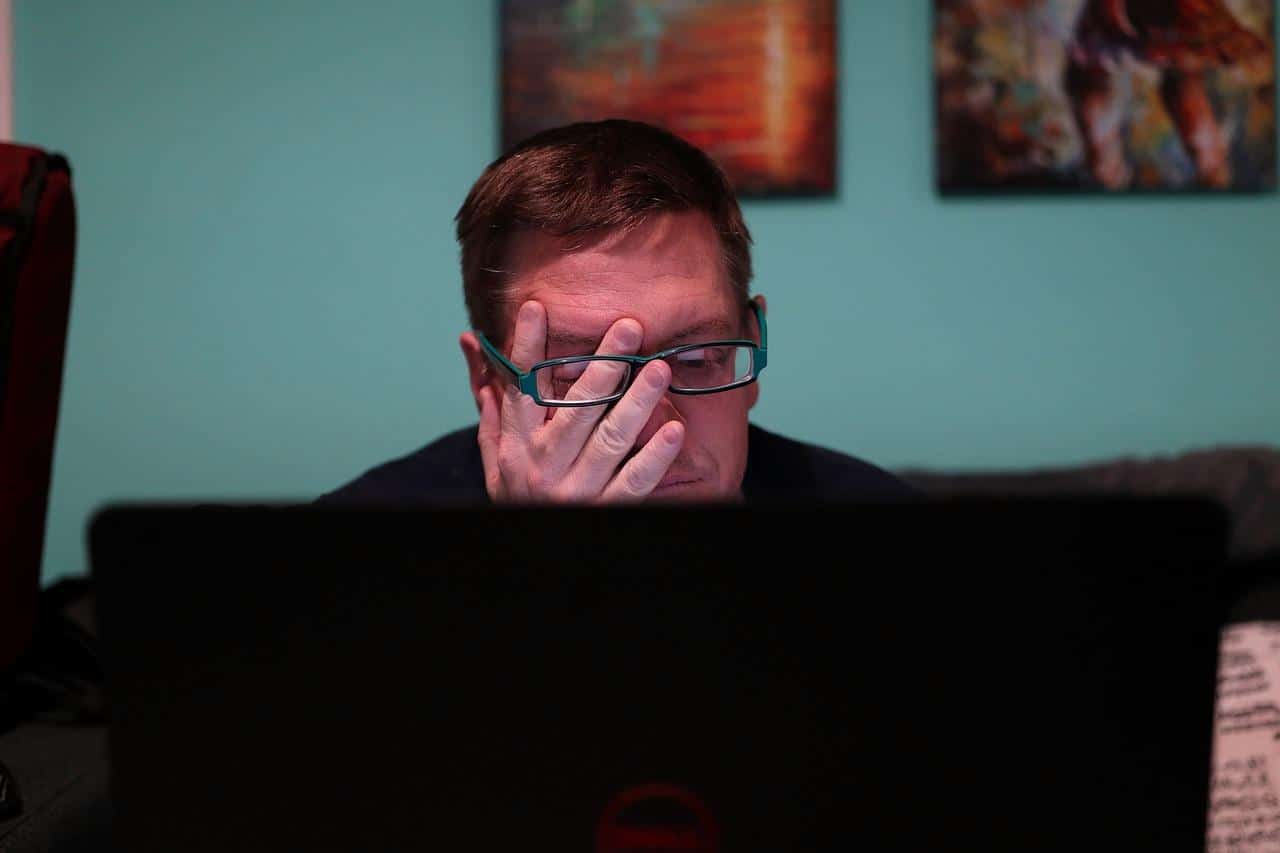As you get older as a man, you will notice your energy level decreases. You don’t seem to have the same energy as you used to. Simple everyday tasks like mowing the lawn, going shopping, or washing the car can suddenly become tiring. However, maintaining healthy energy levels is essential to maintaining an active and fulfilling lifestyle as you age as a man. Fortunately, there are several ways we can stay fit and increase our energy even as the years go by.
Reasons for low energy in men
In men, the decline in energy later in life may be due to several factors. First of all, physiological changes play a role. As men age, testosterone production gradually decreases. Testosterone plays an essential role in regulating energy levels, muscle mass, and metabolism. Low levels of this hormone can lead to decreased energy levels and a loss of muscle tone. This period is also called Menopause (male menopause) It can cause lethargy and low energy for some men. Read more about menopause Knowledge Center for Male Transition.
In addition, lifestyle factors can also contribute to low energy. A sedentary lifestyle, lack of regular exercise, and an unhealthy diet can affect energy levels. Lack of exercise can lead to muscle weakness and poor physical fitness, which can make it more difficult to perform daily activities without stress.
In addition, lifestyle choices such as excessive alcohol intake, smoking, and an unhealthy diet can contribute to reduced energy. Alcohol can affect sleep quality and cause dehydration, which can cause fatigue. Smoking can lead to decreased lung function and oxygen uptake, which can also affect energy levels.
It’s also important to note that underlying medical conditions, such as heart disease, diabetes, thyroid disease, or depression, can also play a role in low energy later in life in men. It is advised to seek medical advice to identify and treat any underlying health conditions.
How do you stay fit later in life?
While a decline in energy is a normal part of aging, that doesn’t mean we can’t stay active and lead a healthy lifestyle. But how do you stay fit later in life? We have listed a number of good tips for you to stay fit in your later age.
- Regular Exercises and Their Importance: It is essential to incorporate regular exercises into your routine. It can be as simple as taking a daily walk, swimming or cycling, or participating in group classes like tai chi or yoga. Regular exercise helps maintain muscle tone and flexibility and improves circulation, which in turn can contribute to higher energy levels.
- The importance of strength and flexibility exercises: As we age, muscle mass decreases. Adding strength training to your routine can help maintain and build muscle tone. Flexibility exercises such as stretching or yoga can improve mobility and reduce fatigue.
- The importance of a balanced diet: A nutritious and balanced diet is critical to maintaining energy for later life. Make sure your meals are rich in vegetables, fruits, whole grains, lean protein and healthy fats. Avoid excessive consumption of sugar, salt and processed foods as they can affect your energy levels.
- Adequate hydration: Drink enough water throughout the day to keep yourself hydrated. Dehydration can lead to fatigue and a lack of energy. It is especially important to drink enough water during physical activity or hot weather.
- Adequate Rest and Sleep: A good night’s sleep is vital to restoring the body and conserving energy. Get into a bedtime routine and create a comfortable sleep environment. Try to reduce stress before going to bed by using relaxation techniques such as meditation or reading a book.
What can you do to increase your energy level?
In addition to the above tips for staying fit later in life, there are also many activities that can help boost your energy level.
For example, aerobic exercises such as walking, swimming or cycling are excellent for improving cardiovascular health and increasing energy levels. In addition, group activities and social engagement can help boost your energy and maintain motivation.
Yoga and meditation are also beneficial, as they help with relaxation, reduce stress, and improve mental clarity. Don’t forget to include enjoyable activities and hobbies in your routine as well, as they can bring you joy and satisfaction, which in turn can boost your energy.
Conclusion
It’s normal for our energy levels to decrease as we age, but that doesn’t mean we can’t stay fit and active. With the right approach and lifestyle choices, it is possible to maintain and improve our energy, even later in life. Getting regular exercise, eating a well-balanced diet, getting enough rest and sleep, and practicing stress management techniques are just a few of the many ways we can boost our energy levels and maintain a healthy lifestyle.

“Total coffee specialist. Hardcore reader. Incurable music scholar. Web guru. Freelance troublemaker. Problem solver. Travel trailblazer.”






More Stories
“Open standard transparency rules give space to advisors.”
Discovery of a giant volcano on Mars
It is best to place the tanner in this room of the house